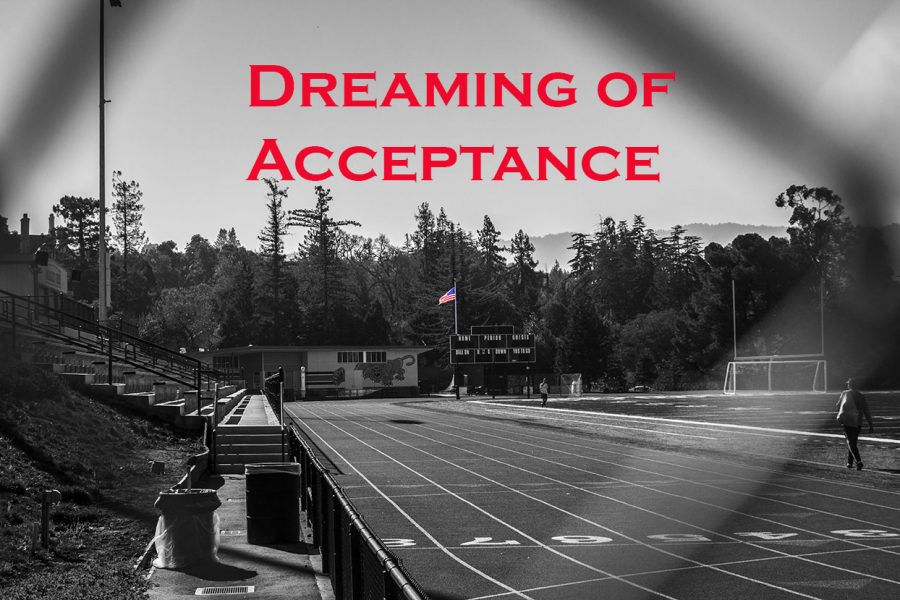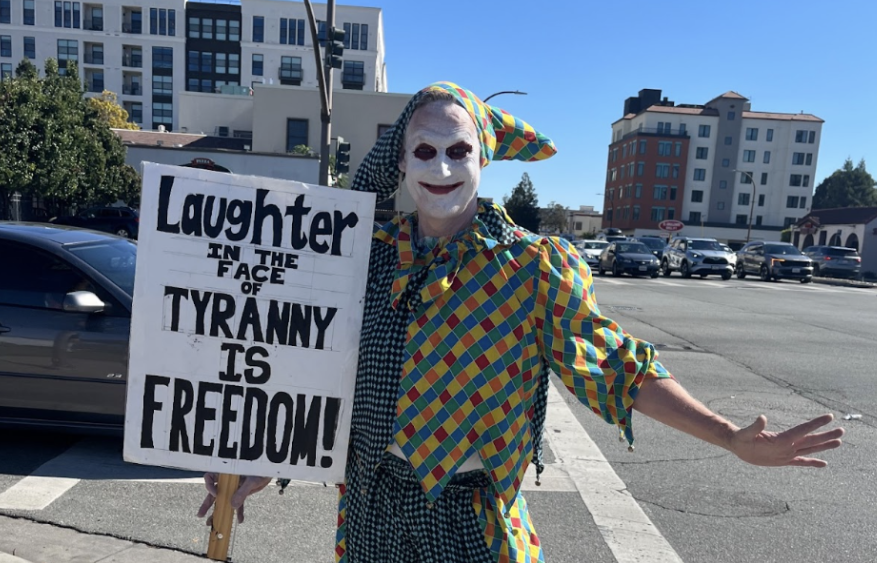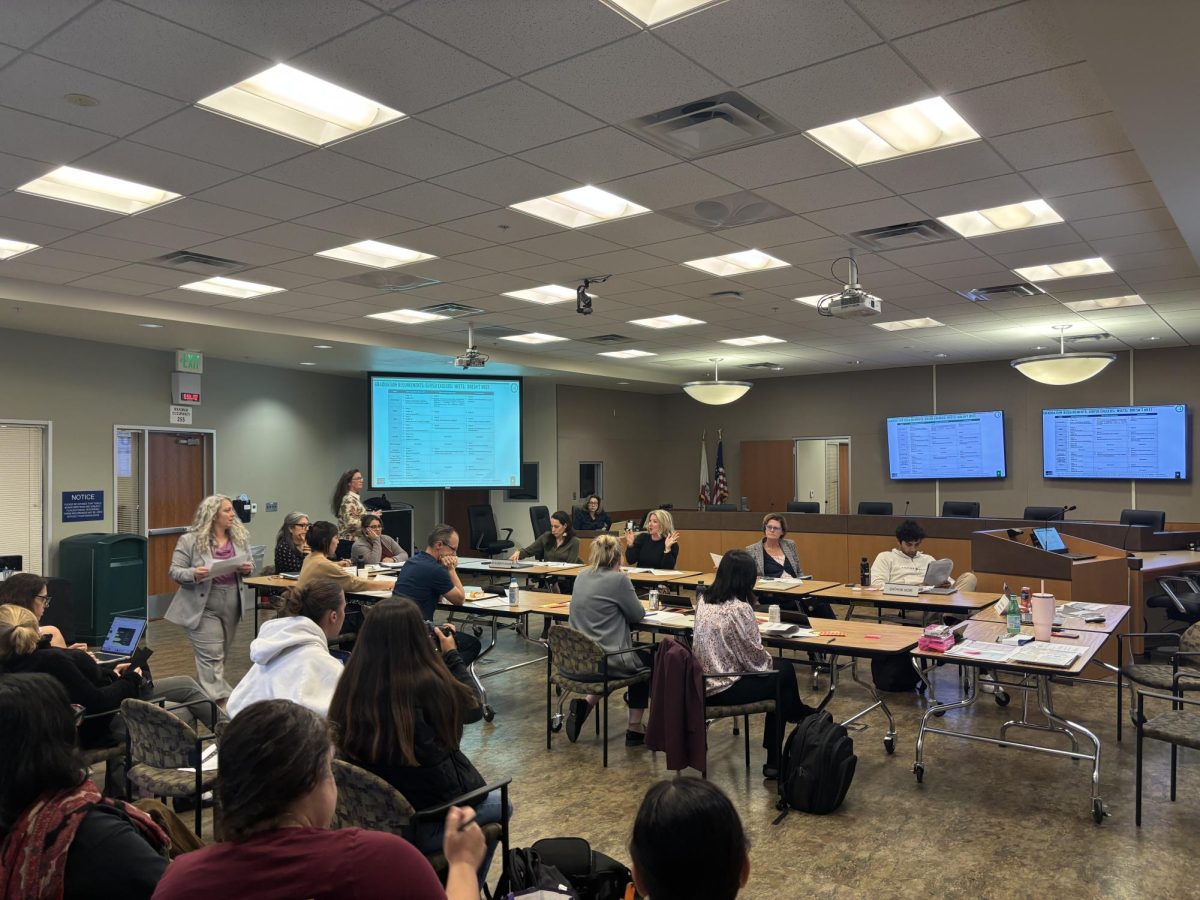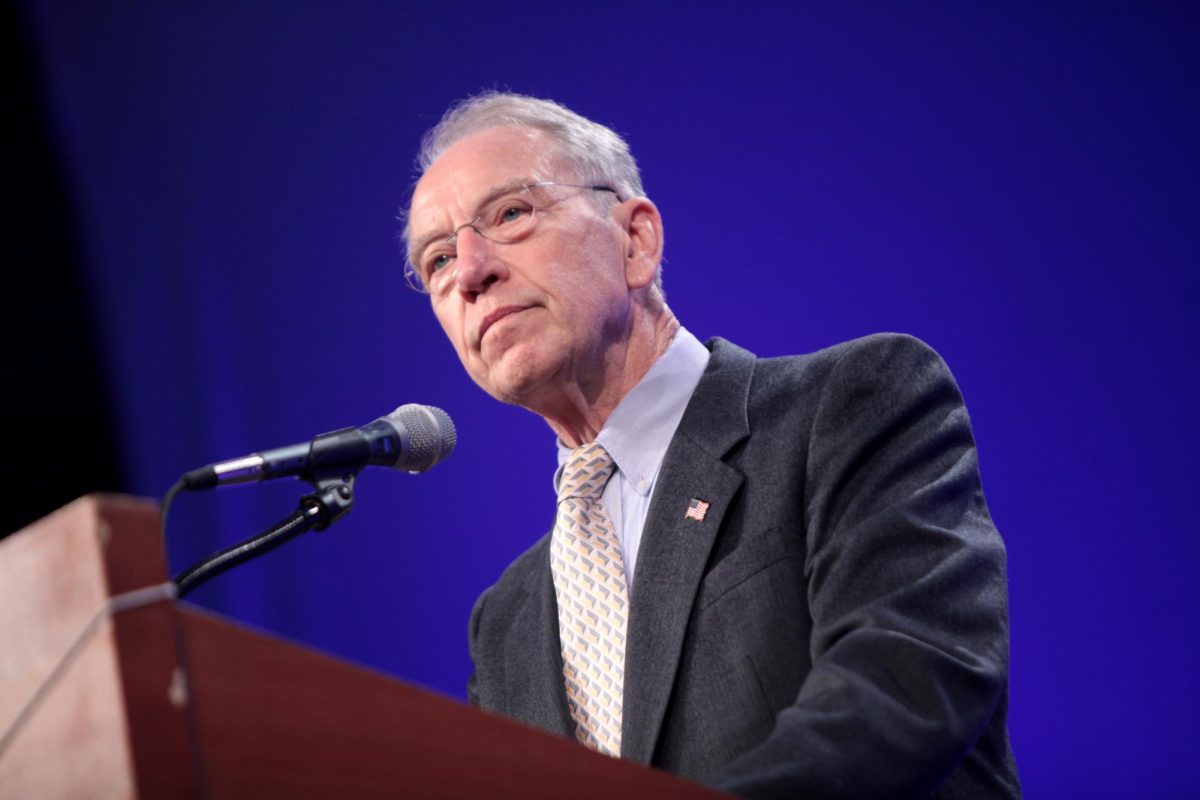After the recent government shutdown on Friday, arguments flared over whether the Dreamers, 800,000 immigrants who arrived as minors, should stay in the U.S, or go.
From Friday, January 20th, to Monday, January 22nd, the United States experienced a government shutdown over the recent repeal of the Deferred Action for Child Arrivals, or DACA, immigration policy. Dreamers are minors who are affected by DACA. DACA was an immigration policy instituted in 2012 that enabled people who had illegally entered or remained in the country as minors to have their expulsion “deferred” or postponed for renewable two-year increments and allowed them to get work permits. Applicants had to have entered the nation at under sixteen years of age, be under thirty years old, not be a criminal, and either be in school, have a high school diploma, or be a veteran of the Armed Forces. It has affected over 800,000 young people.
With the Trump administration determined to end the policy, Democrat senators voted against a budget bill, proposed Friday, locking the Government in a shutdown for three days. But why is a single act, affecting only one-four hundredth of the US population, the subject of such controversy?
The Department of Homeland Security, or DHS, issued a memorandum in 2012, asserting that “Our Nation’s immigration laws […] are not designed to be blindly enforced […] Nor are they designed to remove productive young people to countries where they may not have lived or even speak the language.”
The DACA policy was established in 2012 by the Department of Homeland Security, and has remained in effect for five years. However, there is significant political controversy over whether DACA is a blessing or a curse to America.
Proponents claim that those affected by the policy are determined, dedicated young people.
“Every single Dreamer that I have ever met is incredibly motivated to do something with their life,” Woodside student and ally Jessica Morales tells the Paw Print. “The majority of them have a purpose or have a goal and want to be successful in life.” The DHS statement, moreover, claims that “many of these young people have already contributed to our country in significant ways,” referring to the Dreamers.
However, opponents allege that the policy will increase crime and balloon social costs.
President Trump was extremely critical of the policy in an official statement regarding DACA’s repeal.
“The temporary implementation of DACA by the Obama Administration [..] helped spur a humanitarian crisis – the massive surge of unaccompanied minors from Central America,” claims the released statement, “including, in some cases, young people who would become members of violent gangs throughout our country.”
Dreamers themselves deny Trump’s claim of crime accompanying Dreamers to America.
“I came here when I was five…we got no say if we could stay or come.” commented Woodside student and Dreamer Luz Abarca. “it was just to give us a better life – and it’s always like that.”
“My parents came here for the jobs,” adds on Dreamer and MA student Michelle Garcia. “They work all day to support me and my sister.”
However, many Americans are still angry at the Dreamers even being here, citing the illegal nature of their arrival.
Attorney General Jeff Sessions claimed that “the DACA program was implemented in 2012 and essentially provided a legal status for […] 800,000 mostly-adult illegal aliens,” in an announcement given on September 5th, 2017.
“This policy was implemented unilaterally to great controversy and legal concern after Congress rejected legislative proposals to extend similar benefits […] this same group of illegal aliens,” Attorney General Sessions continued.
Although many Americans are angry or resentful of the Dreamers’ presence, Dreamers themselves feel no different from anyone else in America.
“A lot of people who are against it, they try to send us back, to a country where it’s all unknown for us, because we grew up here,” continues Abarca. “Our roots were transplanted.”
“We aren’t a crisis,” asserts Garcia. “We’re Americans.”









